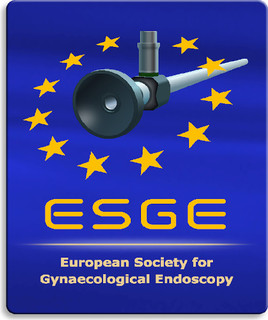The portrayal of healthy women requesting oocyte cryo-preservation
Oocyte cryopreservation, social egg freezing, ethics, delayed childbearing
Published online: Jul 04 2013
Abstract
The possibility to cryopreserve oocytes to be used in IVF treatment later in life has not only enlarged the reproductive options of cancer patients who are faced with gonadotoxic treatments, but also holds the promise of enlarging the reproductive options of healthy women whose personal circumstances (most often the absence of a partner) do not allow them to reproduce in their most fertile years. Opinions for and against this application of the cryopreservation technology are often based on different portrayals of the women who might use it. Three different portrayals can be discerned in the debate about the ethics of so-called ‘social egg freezing’ or ‘non medical egg freezing’. First, these women have been portrayed as selfish career-pursuing women. Second, healthy women who might benefit from oocyte cryopreservation have been portrayed as victims of a male-oriented society that makes it difficult for women to combine motherhood with a good education or professional responsibilities. Third, healthy women ¬opting to cryopreserve oocytes have been portrayed as wise, proactive women who will not have to depend on ¬oocyte donors should they suffer from age-related infertility by the time they are ready to reproduce. Each of these three portrayals has its own shortcomings that one should be wary of, as they lead to an oversimplification of the ethical debate. Key words: Oocyte cryopreservation, social egg freezing, ethics, delayed childbearing.



